It’s safe to say that parasites creep most of us out — who else felt queasy during the parasite unit of high school biology? There are many different types of parasites. They specialize in infecting different types of animals, and some are external, while some are internal. Parasites are a big concern among reptile owners because they can cause all kinds of trouble for their hosts, including loss of appetite, regurgitation, prolapse, diarrhea, neurological damage, and reproductive failure. Some parasitic infestations are so severe that no effective treatment exists and the animal must be euthanized. Without proper hygiene, parasites can spread through an entire reptile collection.
How Do Parasites Spread?
The parasites that you’re worried about your reptile getting from its food are internal, usually intestinal. Most intestinal parasites are transmitted via either direct or indirect contact with an infected animal’s feces. This can occur through food/water contamination and encystation in foliage.
All parasites require a host animal to enable them to complete their life cycle. In our case, that host is a reptile. However, there may be intermediate hosts along the way, like feeder insects. The eggs hatch inside the insect, and then the juveniles get transferred to the reptile when the insect is eaten. The intermediate stage of a parasite’s life cycle can last a long time, as parasite eggs are built to be very durable.
This means that it’s important to avoid feeding prey items known to be intermediate hosts for certain parasites.
Do Crickets Give Reptiles Parasites?
Crickets have a bad rap as a source of parasitic infestation, and are often the first to be blamed for an outbreak. After all, if you do a Google search for cricket parasites, you’ll see some pretty scary pictures of things like horsehair worms (which, by the way, don't affect reptiles). However, crickets aren’t the only vector for reptile parasites.
What Other Bugs Carry Parasites?
In this study on the presence of parasites in captive-bred insects, parasites were detected in over 80% of examined insect farms. In 35% of those cases, the identified parasites were potentially pathogenic for animals, including reptiles. These parasites included Cryptosporidium, Entamoeba, tapeworms, and nematodes, found in mealworms, crickets, cockroaches, and locusts.
Do All Feeder Insects Carry Parasites?
Feeder insects aren’t a guaranteed source of parasitic infestation. In fact, parasites are actually quite unlikely to come from feeder insects produced in sanitary facilities with no contact with reptiles. The same abovementioned study claims that farmed edible insects are less exposed to pathogenic parasites, because the risk of parasitic infections is substantially minimized when insects are produced in a closed environment.
Sanitation is the key factor here. During the study, researchers observed unethical practices on a small number of farms, such as feeding the insects with animal feces from a pet shop, feeding them with the corpses of small animals, or feeding them with moldy food and even raw meat. These practices significantly reduce the quality and microbiological/parasitological safety of feeders. Verifying the husbandry and hygiene practices of the breeders you buy your feeder insects from is key to reducing risk.
Wild-caught insects and other prey, however, ARE likely to be intermediate hosts for parasites capable of infecting reptiles, as they are more likely than captive-bred prey to come into contact with reptile feces. Whether you’re collecting insects, earthworms, mice, lizards, or frogs, these feeders are particularly well known to carry parasites, and should be avoided.
Conclusion
Can crickets give reptiles parasites? Yes and no. It depends on where the crickets come from. Furthermore, crickets aren’t the only feeders that can transmit parasites — they’re just as likely to get your reptile sick as any other bug.
If you are careful to buy your feeder insects from high-quality insect farms with great hygiene, but still find parasites in your pet reptile, then where are they coming from? Parasites often come with the animal from the breeder, pet store, or other animals in your collection.
Here at DubiaRoaches.com, we pride ourselves on producing only the highest-quality feeder insects, raised in a state-of-the-art facility with top-notch nutrition and sanitation. Browse our available feeders today!

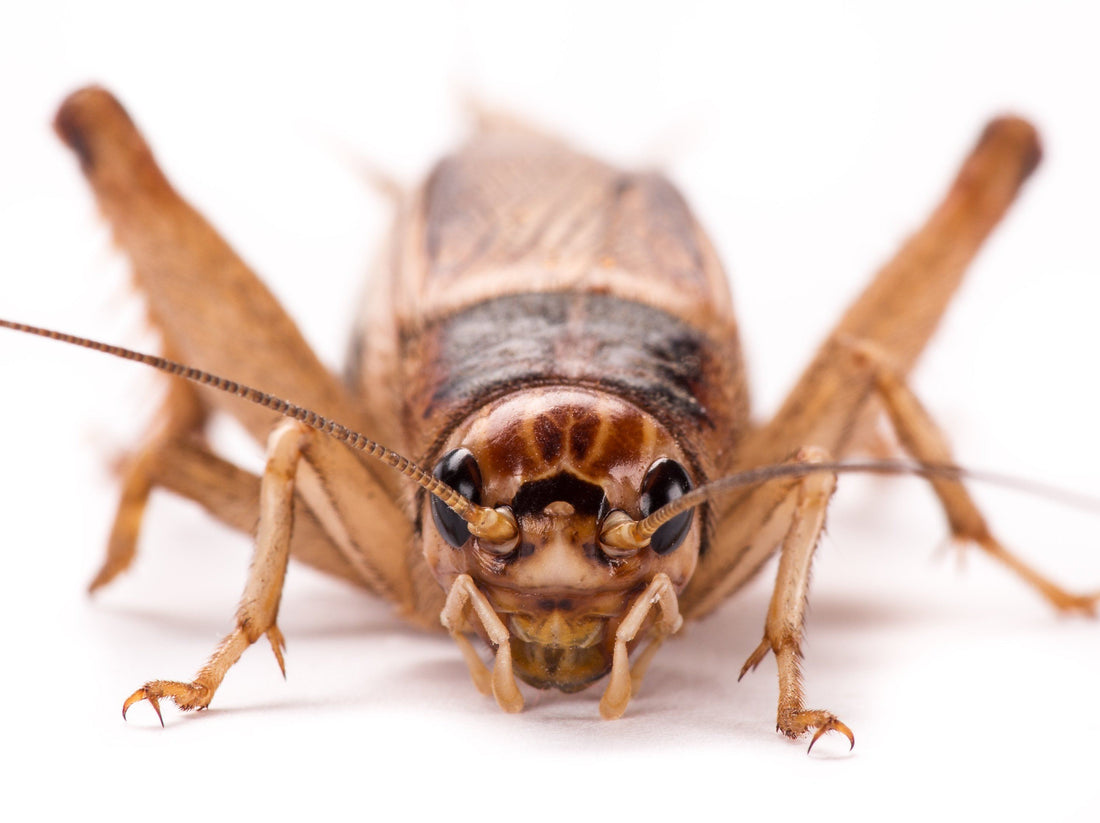
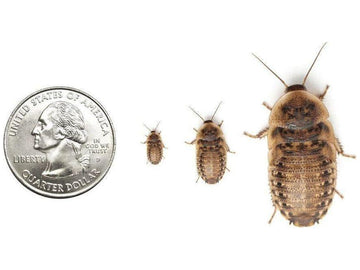
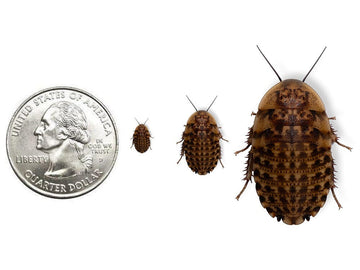
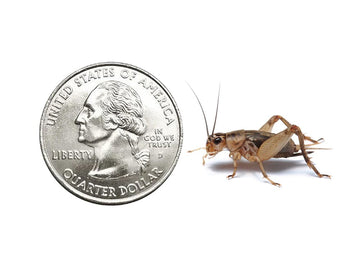
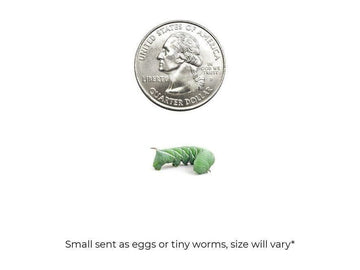
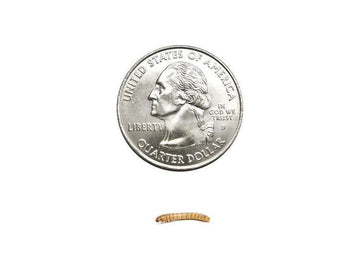
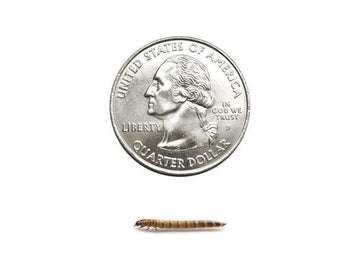
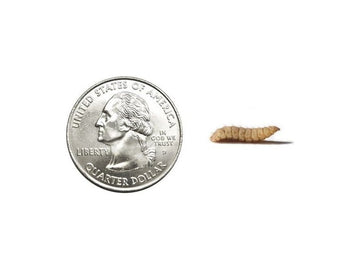
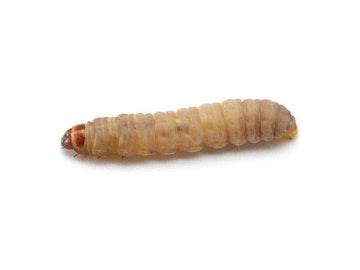


4 comments
Hi Andrew — Crickets are fine as a feeder as long as you get them from a high-quality resource and routinely get your lizards dewormed (which you should be doing anyway). Of course, we recommend dubias as an alternative feeder, but the ideal situation is to prioritize providing as much of a variety of different feeder insects to your lizards as possible.
Is it better to stay away from the crickets? Also what do you recommend I feed my emerald tree skinks? I just found out that they have tape worms so I’ve got them treated and now I’m just trying to figure what what they might of came from.
Sorry for your loss, Nanci. It’s possible, but unfortunately, the only person who may be able to answer that question for sure would be a veterinarian, after performing a postmortem examination.
I recently fed my 8 year old toad Tuffy crickets from a local pet store and he died 2 days later. Just wondering if it was the crickets? Thanks❤️